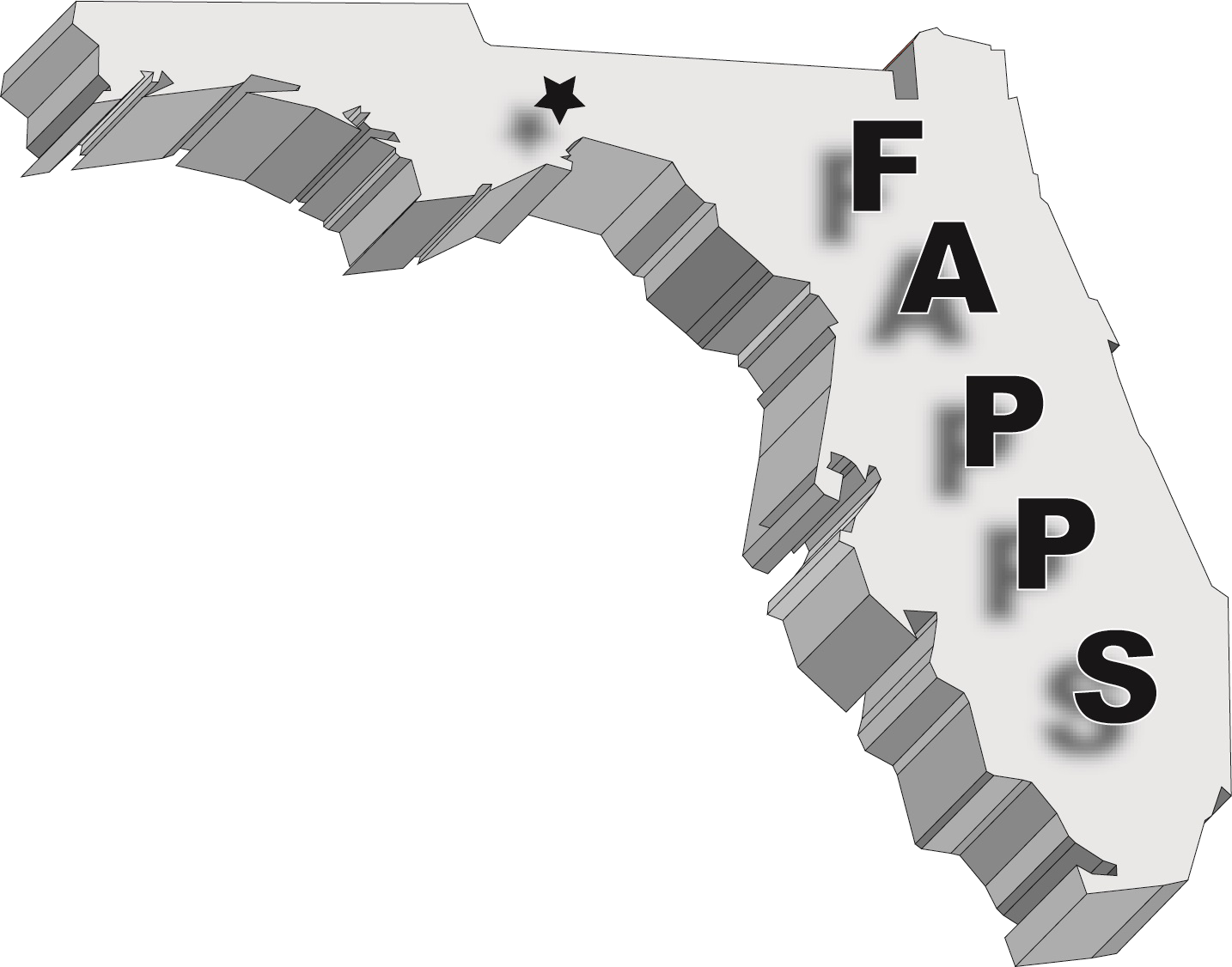A note regarding Domestication of Subpoenas and Criminal Cases: NY, NJ
The Uniform Interstate Deposition and Discovery Act has been effective in its purpose to streamline the rules governing foreign depositions, “setting forth a Procedure that can be easily and efficiently followed, that has a minimum of Judicial oversight and intervention, that is cost effective for the litigants and is fair to the deponents.”*
This act has come in handy throughout the country, as the amount of litigation involving individuals and documents located outside of the trial state has increased, there has also been an increase in Domesticating Interstate Subpoenas, especially in Civil Actions. Thirty-one states have adopted rules to comply with this act including, as we have mentioned before, New York and more recently New Jersey
However, compelling a witness to give testimony or produce records in a Criminal Case is not covered under 2012’s NY CPLR 3119 The NY State CPLR obviously deals with Civil Practice Laws and Rules. The same is true with New Jersey’s Rule 4:11-4(B) which again applies only to Superior Court.
In Criminal cases in these states the basic procedure would be to:
- Review and comply with the requirements of the forum jurisdiction to pursue discovery in another jurisdiction.
Obtain a Commission or Letters Rogatory under the seal of the appropriate court clerk or public official authorized in the forum jurisdiction to issue such a document.
You may want to include 1) the crimes charged, (2) the penalties if the defendant is convicted, (3) the facts in the police report relied upon by the prosecution, (4) an offer of proof as to the expected testimony of the out-of-state witness, (5) the evidence law of the requesting state that makes the witness’s testimony relevant, (6) the materiality of the witness’s testimony, (7) the necessity of the witness’s testimony, (8) the witness’s address, (9) the fact that each state has adopted the Uniform Act, (10) the date the hearing to scheduled to begin, (11) If a witness is required, the dates when the witness will be needed to testify, and (12) an accounting of the travel funds required. - Retain an attorney authorized to practice in the foreign State to petition the appropriate Court in the foreign State for an order authorizing the issuance of a subpoena commanding the resident to answer written interrogatories or to appear at and submit to a deposition or produce the record required.
- Upon receipt of the signed order and subpoena, have the subpoena or notice in lieu of subpoena served in the foreign state.
Obviously these are just the basics each jurisdiction may have different requirements so it is always good practice to check with the foreign court that rules procedure or make sure your local counsel is familiar with these procedures.
* National Conference of Commissioners on Uniform State laws





